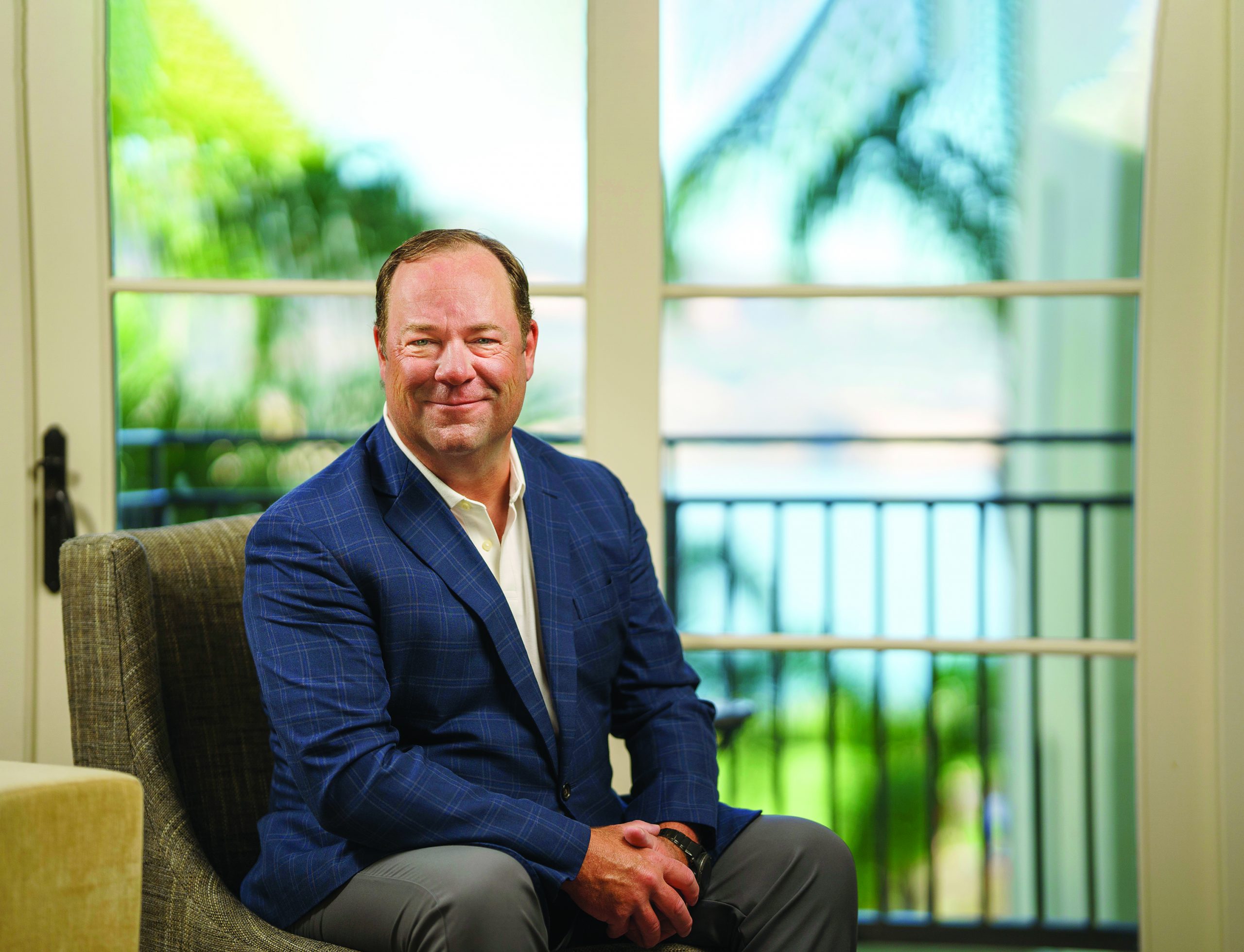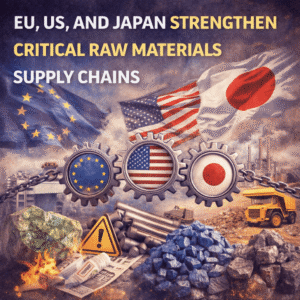

CEO
“Learn what you need to learn before you need to know it, because you will get asked…once. It is a prerequisite of representing any industry that you and your team understand that industry at a deep and comprehensive level. You can fake it but not for long. ”
Above is the advice that Benjamin McKay, CEO of the Surplus Line Association of California, gives everyone around him and those who seek him out. He has learned these leadership lessons throughout his career, and he feels that all those who want to become better leaders must follow these lessons and their own constellation of beliefs
For Benjamin, empathy, patience, and flexibility are essential. He knows virtually everyone in the organization and knows something personal about them. He requires managers to know their employees and to report on any struggles they know about that they can legally and appropriately disclose, so they might be addressed by the SLA with compassion. But for him the most important trait is trust, for it is the currency of change. In the last ten years, the association has grown from a
$7 million budget association to a $26 million budget association and from 40 employees to 150. The SLA is changing at a very rapid rate, and an organization cannot grow effectively at a rapid rate (perhaps any rate) if it does not have its employees’ trust. Benjamin believes employees must understand that leaders have their best interests at heart, especially when they ask them to do something different.
The SLA endeavors to create a learning, thinking organization. It expects every employee to learn and grow as people and employees, offering a panoply of tools to make that possible and ensuring those tools are accessible to everyone. A key tenant of Diversity, Equity and Inclusion is equal access to learning. At the SLA, Benjamin ensures that every employee, regardless of title, gender, ethnicity or whatever helps make them special, has equal access to the tools they need to advance their career.
The company encourages its employees to get as much training and education in their areas of expertise or interest as they can, and they offer generous financial support. The SLA has funded employees who have earned everything from certificates to MBAs. “We strive to have a culture of lifelong learning and constant improvement and growth, so that we as an organization can also improve, grow and thrive, thereby better serving our members and California’s insurance consumers,” says Benjamin, who cites a story of the junior executive who asks his boss “What if you spend all this money training people and they leave?” and the boss replies: “What if we don’t train them and they stay?” Among the current staff, the SLA has 24 designations, 20 certificates, 48 technical certifications, 121 bachelor’s degrees, and 19 master’s or Ph.D. degrees. That’s 232 designations or degrees among 150 employees.
Caring for Employees
The SLA’s most recent thinking on job security for its employees was formed during the pandemic, when the then-chair of the board, Terri Moran, made it clear that it needed to put employees first in all its considerations and avoid layoffs of any employees in good standing. “With the guidance of our board and several chairs, we made a series of intentional choices over the years to shore up our fiscal ship and ensure that we had robust contingency funds, so that we can withstand as much as a major three-year recession without cutting staff or our level of service,” explains Benjamin. “Our position is that we want good people on our bus, and that if you are willing to work hard and do your job well, we want to keep you regardless of the short-term economic realities. We have consistently messaged this position to our employees, and they have responded well.”
Growth and Bright Future
The surplus lines insurance industry has proliferated over the last decade, presenting opportunities and challenges. As policy counts have grown, Benjamin has had to hire many more staff over the previous decade to review every policy that comes to them, as part of a contract the SLA has with the state. When Benjamin first arrived, the data analysis team analyzed a little over 300,000 policies yearly for legal compliance with all state and federal laws and regulations. That policy number is now right around one million.
In the future, to meet the board’s charge of being a modern, credible leader, the SLA will continue to build its staff’s expertise, recruiting a team that is collaborative, motivated, and “knowledge-able” (the SLA’s core values), and will continue to look for ways it can provide additional value to its members. “How can we make their jobs easier, help them comply with all the laws and regulations that govern our industry, provide valuable education and industry knowledge to them, and keep markets open to them?” rhetorically asks Benjamin.
Culture
“The most important aspect of leadership is creating the right culture,” according to Benjamin. “As Peter Drucker said, ‘Culture eats strategy for breakfast every day.’” However, there is no one correct culture, and it’s not static. It continues to grow and change and requires nurturing, and it requires leaders of an organization to be present, participating, and aware. The SLA has created a company culture of which Benjamin is very proud. For instance, last year, in addition to meeting 100% of their goals and coming in under budget, as part of the Insurance Industry Charitable Foundation’s annual Week of Giving, the staff of 150 employees prepared 2,200 meals for people in need and wrote 2,400 letters to veterans. They also have an incredibly diverse staff (75% non-white, virtually 50-50 by gender, slightly leaning female). Further, they are always celebrating various important holidays, such as Juneteenth, Chinese New Year, and Philippine Independence Day, to name a few. Employees who choose to lead these celebrations are given a budget for these events to put on a luncheon, and they present the importance of the holiday within the culture where it is traditionally celebrated. “I’m proud of the fact that the SLA made Juneteenth a paid holiday for our employees a year before the federal government made it a national holiday,” elucidates Benjamin.
It is Benjamin’s sincere hope that sharing a small portion of what he learned during his journey might help you on yours.

" An organization is its people, nothing more and nothing less. A great organization, therefore, necessarily requires attracting, retaining, nurturing, and respecting the best employees in the marketplace. "




© THE CEO PUBLICATION 2021 | All rights reserved. Terms and condition | Privacy and Policy